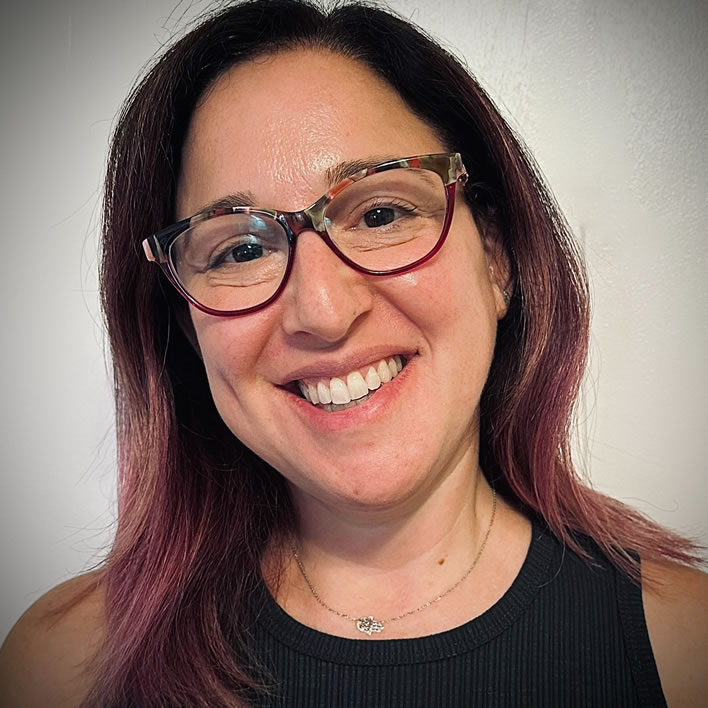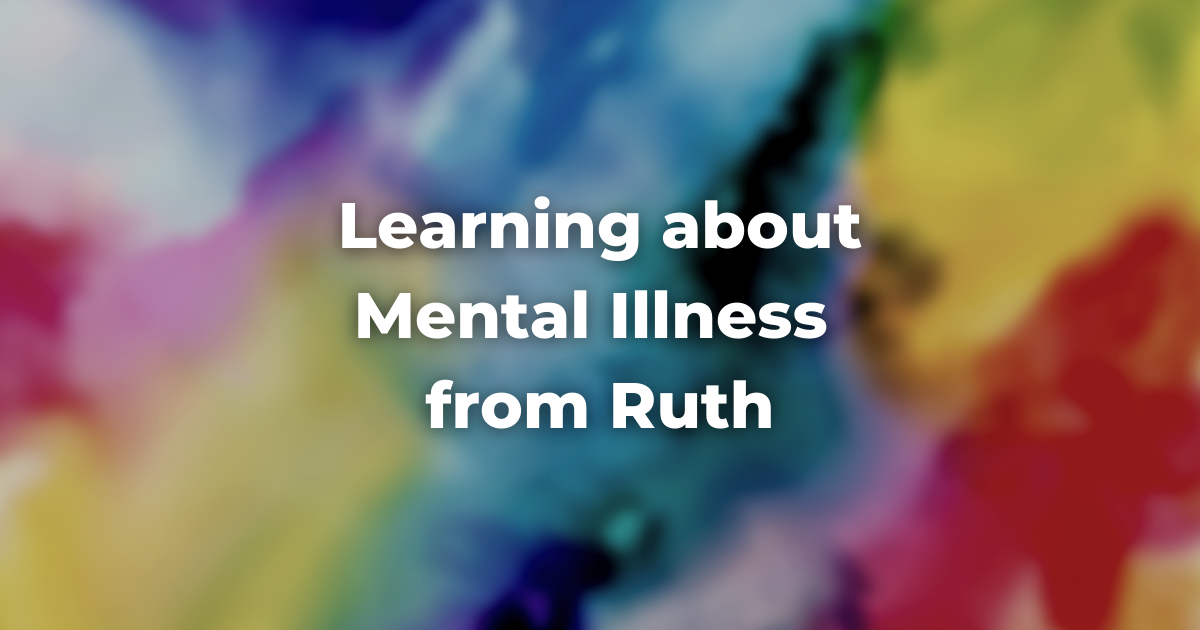The book of Ruth is read on Shavuot. Ruth is a Moabite woman who marries an Israelite man who suddenly dies and then devotes herself to caring for her mother-in-law, Naomi, and connects herself to the Israelites and belief in their God.
Wherever you go, I will go; wherever you lodge, I will lodge; your people shall be my people, and your God my God. Where you die, I will die, and there I will be buried. Thus and more may the LORD do to me if anything but death parts me from you. (Ruth 1:16-17)
Ruth’s Strengths vs. The Strengths of those with Mental Illness
Ruth’s deep connection to Naomi and trusting Naomi’s beliefs and community of Israelites takes a strong woman to become something different than what she was as a Moabite.
Ruth is one woman, one person, and she represents how not to become lost in grief or running away from her beliefs about who she is. When one has mental illness, it is easy to become the illness and disregard everything else about yourself that make you, you.
| Mental Illness as a Singular Identity | Personal Strengths as an Identity |
|---|---|
| My name is Risa and I have Bipolar Disorder, Obsessive Compulsive Disorder and Generalized Anxiety Disorder | My name is Risa and I have a wonderful husband and a 12-year-old child who is amazing! |
| I’ve been psychiatrically hospitalized 5 times in my life | I love my home community and am happy to feel a part of it |
| I’ve had many treatments for my mental illnesses, such as ECT (Electroconvulsive Therapy), TMS (Transcranial Magnetic Stimulation) and Ketamine Infusions | I love spending time with my friends- sharing stories, laughing and having fun |
| My illnesses come first when I talk about myself | I am a strong, stubborn, hard worker, sarcastic and funny person |
Ruth’s actions speak volumes.
She chose to care for Naomi when she had a choice not to. There isn’t a negative force that takes over her many positive attributes.
For many of us with mental illness, we see our illness as our sole identity: being a “patient,” negative thoughts of ourselves, scary, that we’re needy. We hold on to that as our identity, as if there is nothing positive about us, myself included.
It’s only been recently that I have been able to truly see and feel who I am which has nothing to do with my mental illness. I have many strengths that make me who I am.
I am a wife, mother, daughter, sister, confident, strong, a good friend, a good social worker, resourceful, intelligent (and so much more) who happens to have mental illness.
Owning all the positive aspects of myself is an interesting process, not only for me, but for those around me. I feel different, life feels different. I don’t need to hide who I am and all the wonderful pieces that make me, me. Mental illness is part of me but doesn’t need to be the one descriptor of who I really am.
I am reclaiming myself and hope to be more like Ruth, living a life she chose, led by care, compassion and positivity.
I believe Ruth would not allow mental illness to become her primary identity. She’d continue providing for herself, Naomi and the Israelites, with all of her positive characteristics.
When those of us with mental illness focus on our own positive traits, those traits can then become our core identity instead of having our mental illness as our singular identity.
Author
-

Risa has an MSW from Fordham University and attended The Jewish Theological Seminary’s List College and has a BA from Columbia University. She has spoken about her history with mental illness for the Hartford Foundation for Public Giving and was featured in Women's Health Magazine's May 2016 issue regarding mental health. Risa was also a panelist on AOL Build discussing the effects of stigma on those with mental illness. In 2017, Risa was also featured in an episode of Dr. Oz discussing her success with ECT (electroconvulsive therapy) and was a featured speaker at Jewish Family Services of Greater Hartford’s first annual event: Embracing Possibility for Mental Health Awareness and was awarded the 2018 Humanitarian Award at the second annual event. She has written for Huffington Post, Psych Central, Kveller, Keshet, The Mighty, Bring Change 2 Mind and was published in the 2nd and 3rd volumes of Stigma Fighters Anthology and on her own blog, risasreality.com. Risa lives in central CT with her husband and their 13 year old child.
View all posts




